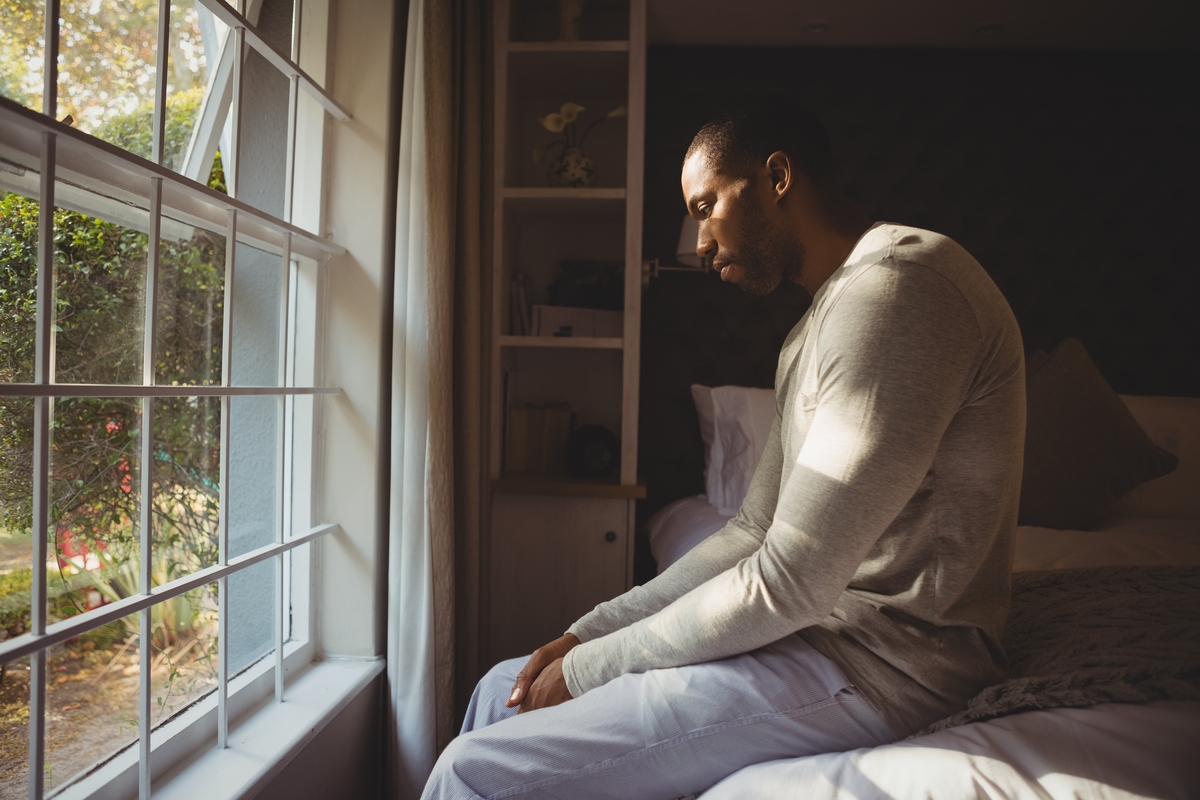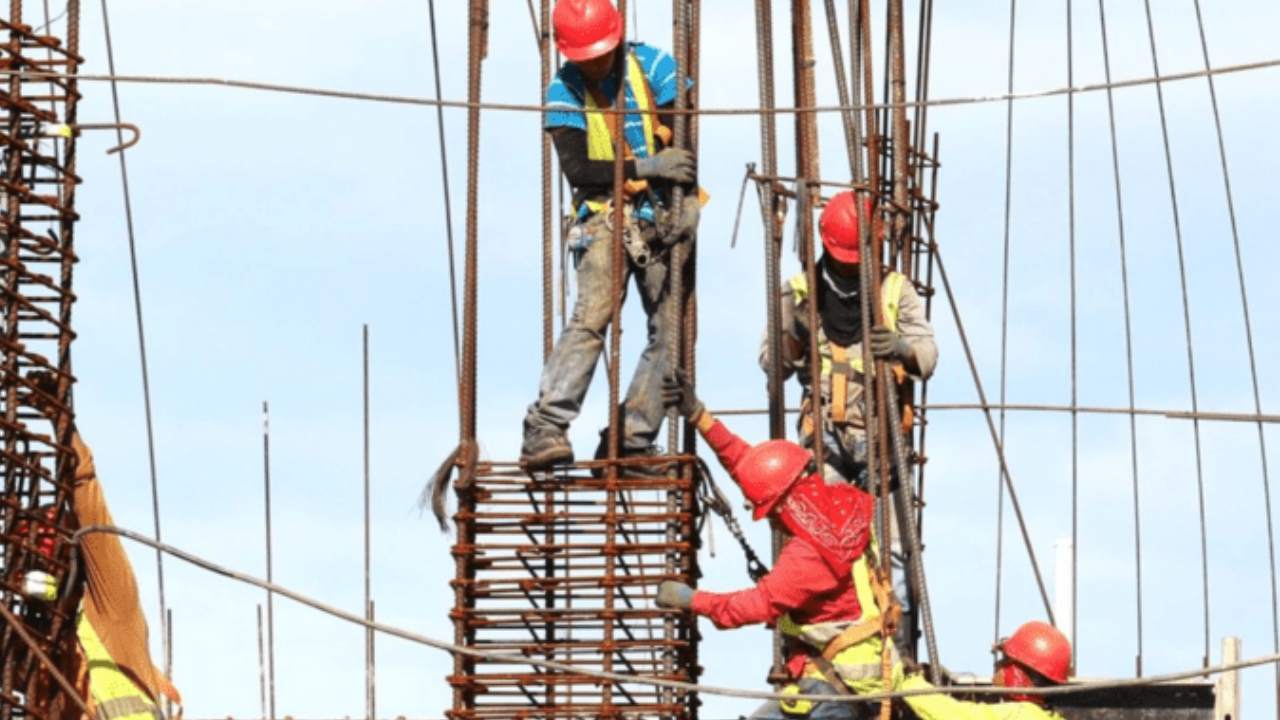For Mental Health Awareness Week this year, the Mental Health Foundation is raising awareness of the impact of loneliness on mental health and the practical steps that can be taken to address loneliness.
When you consider loneliness, you often think of people suffering in silence at home, where they are closed off from the outside world. It may surprise you that loneliness can also occur at work, especially if you work in a solitary environment like most UK security workers do.
Security workers are often portrayed as big, strong and resilient, but the effects of mental health from security work can slowly catch up on even the strongest individual, especially when varying working pressures, shift patterns and night shifts mean that routines are difficult to establish and personal lives often come second.
The effect of seeing so much pain, hurt and anger often drives security workers to internalise the pressure they are dealing with, which means that it’s no surprise that just 13% of employees would be comfortable talking about mental illness at work.
Although talking won’t be the final answer for everyone, it is an important first step on the road to recovery. If you feel the struggle is becoming too much, it’s important to open up to a friend, a colleague, or a professional who can help you overcome your mental health struggles.
Here are a few suggestions to help you deal with loneliness in security work.
How to deal with loneliness in security work
It can be difficult to deal with loneliness at work. However, there are several ways to cope with loneliness while preventing negative feelings and mental health problems that are associated with it. Here are some coping strategies that you might find useful while on duty.
1. Doing things you enjoy
One way to manage loneliness is to keep yourself busy with activities that you enjoy. If you are passionate about fitness, then going to the gym can help you stay positive as well as fit for your security role. This can be any hobby or activity you enjoy. For example, photography, reading, cycling or puzzles. Small things that you enjoy can give you positive energy.
2. Do things that stimulate your mind
Keeping yourself engaged in activities that occupy your mind can also help with loneliness. This can include anything that stimulates the mind. For example, taking a course, or listening to a podcast on topics such as comedy to fitness. Something as simple as listening to someone you like can help you feel less lonely.

3. Physical activity
Studies suggest that physical activity can be an alternative treatment for depression and can also reduce mild symptoms of anxiety. In security work, staying fit is a requirement for most employers as it helps you stay on your feet for longer and perform at your best. It is available to everyone, has low costs and is an empowering approach that can support self-management.
It can be as simple as walking, and you can increase the intensity of exercise as your stamina improves with time.
4. Communicate with people
It can be difficult to talk to people when you’re feeling lonely or low. However, connecting with people you meet at work can be helpful. Even saying “hi” to someone who walks into the place you work can make you feel better. Sharing a polite greeting or even a smile can help you and someone else who needs a positive lift too.
5. Talk to people that understand you
Spending long hours at work alone can make it hard to connect with others. Your colleagues in similar positions may be feeling the same way as you. Interacting with them can give you a sense of belonging and give you some relief. If you prefer virtual connections, finding people in similar situations on social media might make you feel better.
6. Spend time with pets
Spending time with animals is a great way to manage stress and even loneliness. This is because animals provide us with unconditional love and support, and if you decide to keep a pet, they can help give structure to your life. Pets need to get out during the day, so this can improve your routine and is also a good way to stay active.
7. Try to use social media in a positive way
Another way to manage loneliness is to use social media in a positive way. Getting the help you need through apps that offer mental health help, such as BetterHelp and Headspace are positive sides of technology and social media. Finding digital communities you share interests and passions with can also help. Most importantly, be aware of how you feel when you use social media and focus on topics and activities that work best for you.
8. Consider talking to an Expert
If you feel that you cannot manage on your own, getting professional help might be the best option for you. Experts can help you talk through your feelings, improving your state of loneliness and depression. It will provide you with a safe space to deal with your loneliness without fear of judgement. The NHS provides a list of local resources that are at your disposal. Visit the NHS website for more information.
Looking for jobs?
To find the latest security jobs, check out our Jobs Board, which has 1,000+ jobs from the UK’s best security companies.
If you’re on the hunt for a security job on the go, download the GuardPass app for all the latest jobs and more. The GuardPass App is available for download on the Apple App Store or on the Google Play Store.













3 responses to “Mental Health for Security Workers”
Great stuff. Get on with Get Licenced.
I take my final exam Friday
It is better to be prepared
Can not wait to start my course and get licensed.